Displaying 1 - 17 of 17
Easter Initiative 2024
01 March - 05 May 2024
In Lebanon, “without peace there is no justice”
21 July 2021
Hope prevails in times of crisis in Lebanon
14 September 2020
Dr Saïd Ailabouni: God is on the side of rejected, oppressed, occupied
12 September 2019
Carrying the cross without fear
12 April 2017
Holy work for the Holy Land
29 March 2017
“We can’t go back as long as we know we are not secure”
26 January 2017
International conference addresses challenges in the Middle East
22 October 2015
With UN help, Iraq for the Iraqis - WCC central committee says
21 February 2005

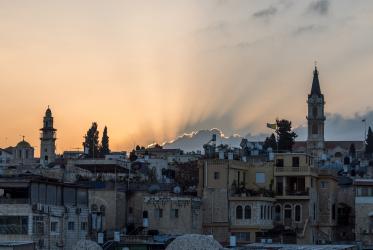


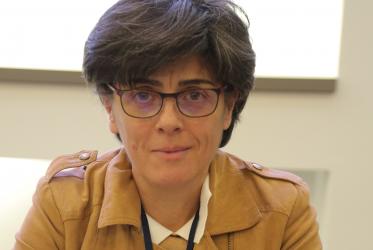
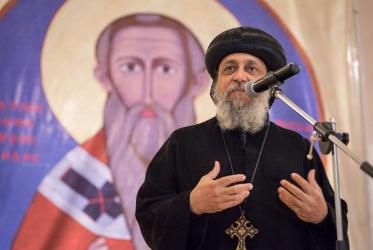

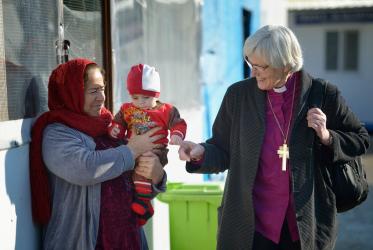
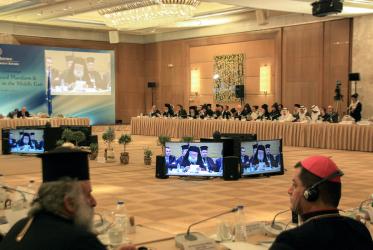
!["All Iraqis are trying to leave," Clara - a young woman working for the Greek Orthodox Patriarchate in Damascus and a refugee herself - told the WCC delegation. "Since one year the United Nations tell us that they will find a solution [for Iraqi refugees in the region], but nothing happens." "All Iraqis are trying to leave," Clara - a young woman working for the Greek Orthodox Patriarchate in Damascus and a refugee herself - told the WCC delegation. "Since one year the United Nations tell us that they will find a solution [for Iraqi refugees in the region], but nothing happens."](/sites/default/files/styles/teaser/public/newsItem/wjV59XHs.jpeg?itok=YIkp9xNl)
